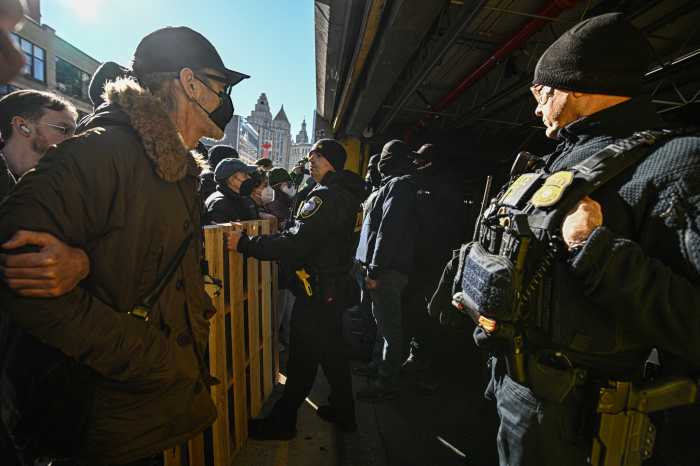The government of Cuba has scrapped plans to implement same-sex marriage in the nation’s new constitution, but the issue is likely heading for a referendum — and LGBTQ activists are stressing that the issue is not yet settled.
The previous draft of the nation’s constitution, which has been approved by the government and now heads for a referendum, referred to marriage with gender-neutral language, drawing overwhelming criticism from evangelical religious groups who responded by aggressively circulating a petition among churches. The groups also rallied opposition from the general public by posting signs saying, “Original family design, just as God created it,” according to Reuters.
Evangelicals ultimately pressured the government into shelving the measure, at least for now. The National Assembly noted that a referendum on the issue would be taken up within two years after a marriage equality provision emerges, and if it were passed changes would come via the Family Code as opposed to the constitution.
The issue of marriage exposed the stark contrast between the conservative religious institutions and the government, which has recently shown a willingness to embrace LGBTQ rights.
Cuban president Miguel Díaz-Canel, who ascended to power earlier this year, publicly declared his support of “marriage between people without any restrictions” as “part of eliminating any type of discrimination in society.” And Mariela Castro, a vocal LGBTQ rights activist and daughter of former President Raúl Castro (who remains the Communist Party leader), said in a tweet, “We haven’t given in or will give in to the fundamentalist blackmail and backward thinking people who politically oppose the project.”
Francisco Rodriguez, a Cuban LGBTQ activist, wrote on his website that the latest developments aren’t the end of the road for those who seek marriage equality in Cuba.
“The first thing that came to my mind is that the new proposal would be rather ‘a step to the side,’” he explained in a translated version of his post. “Not as far back as the most critical people will say, nor as far as we already [advanced] it from the activism for the rights of lesbian, gay, bisexual, trans and intersex people (LGBTI).”
Haydee Garcia, a leading Cuban-American LGBTQ activist, could not immediately be reached for comment.
The creation of a new constitution marks major changes for Cuba as the nation continues to evolve after a long period of isolation under former leader Fidel Castro. The latest draft entails the recognition of private property, further opens the doors for privately-owned business, implements term limits, and establishes a prime minister, among many other changes. However, Communist rule would continue and the government would maintain a strong grip on the nation’s economy.
Voters on the island nation are expected to vote on the constitution in a referendum slated for February.













